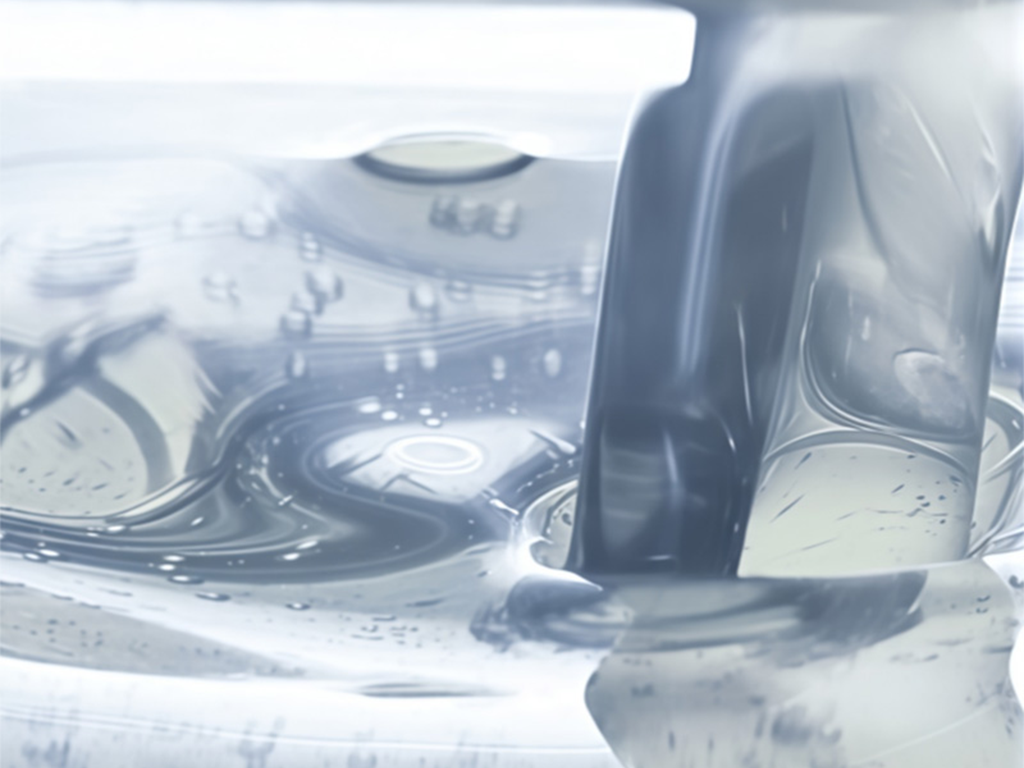Der Acrylatpolymer-Herstellungsprozess umfasst die Polymerisation acrylischer Monomere zu langkettigen Polymeren, wobei die Technik je nach gewünschter Produktform (Emulsion, Lösung oder Feststoff) variiert. Der Prozess beginnt typischerweise mit der Monomer-Vorbereitung: Auswahl und Reinigung von Monomeren wie 2-Ethylhexylacrylat, Methylacrylat und Acrylsäure, unter sicherzustellen, dass diese die Reinheitsstandards (≥99 %) erfüllen, um Störungen der Polymerisation zu vermeiden. Die Emulsionspolymerisation, die häufigste Methode für wässrige Systeme, besteht darin, Monomere mithilfe von Tensiden in Wasser zu dispergieren, um Micellen zu bilden, gefolgt vom Zusatz von Initiatoren (z. B. Peroxide), die die Polymerisation bei 60–90 °C auslösen. Dieser Prozess erzeugt stabile Emulsionen, die in Klebstoffen und Beschichtungen verwendet werden, wobei E Plus Chemical Co., Ltd. vollautomatisierte Produktionslinien einsetzt, um Temperatur, Rührgeschwindigkeit und Monomerzugaberate zu kontrollieren, um eine gleichmäßige Partikelgröße und Viskosität zu gewährleisten. Bei der Lösungspolymerisation werden Monomere in organischen Lösungsmitteln aufgelöst und mit Initiatoren Polymerketten gebildet; danach wird das Lösungsmittel abdestilliert, was für Hochfeststoff-Beschichtungen geeignet ist. Die Massenpolymerisation, bei der Monomere ohne Lösungsmittel reagieren, kommt für feste Polymere zum Einsatz, erfordert jedoch eine sorgfältige Wärmeregulierung, um unkontrollierte Reaktionen zu verhindern. Nach der Polymerisation folgen Schritte wie Neutralisation (zur pH-Regelung), Filtration (zur Entfernung von Verunreinigungen) sowie die Zugabe von Additiven (z. B. Entschäumer, Stabilisatoren). Die Qualitätskontrolle umfasst die Prüfung von Molekulargewicht, Viskosität und Feststoffgehalt, wobei E Plus Chemical fortschrittliche Katalyse-Polymerisationstechnologien einsetzt, um die Polymer-Eigenschaften zu optimieren. Die integrierte Produktionskette, von der Monomersynthese bis zur Polymerformulierung, gewährleistet Effizienz und Qualität und unterstützt die Großserienproduktion (240.000 Tonnen/Jahr für wasserbasierte Harze bei E Plus Chemical), um die Marktnachfrage zu decken.
